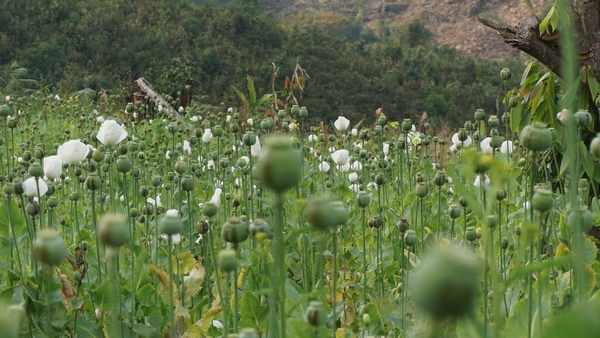This Working Paper, by Mandy Sadan, engages with the need to diversify the parameters of analysis for the ‘drugs problem’ in Myanmar. The intention is to encourage more integrated and holistic approaches to these problems; to see them at different scales; and to put local experiences at the centre. This report focuses on an extended life-story narrative as a vehicle for our understanding.
The first part of the report discusses how taking an intersectional approach to understanding pathways out of harmful drug use may facilitate a more granular understanding of these issues, helping us to move away from a reliance upon homogenising representations and over-generalised experiences. It considers the potential value of ‘recovery capital’ frameworks for supporting long-term, sustained behaviour change among people who use drugs in this region and who wish to move away from harmful behaviours.
The second part of the report presents the life of the well-known singer and activist Nding Ah Ja, who tirelessly supports people who use drugs in the Kachin region. Nding Ah Ja is a significant local actor who works with people who use drugs and their families, especially those who have been incarcerated. He is a well-known and respected authority on these issues in the Kachin region, with authenticity as an advocate for the better treatment and support of people who use drugs and their families.
The conclusion discusses how a ‘life story’ approach enriches our understanding not only of the individual but also of the structural context of their life choices. Specifically, this is of great help in understanding the practical support structures that best help individuals who have to manage complex forms of discrimination or exist in settings of marginalisation.

